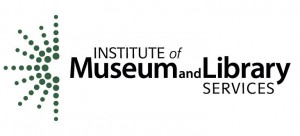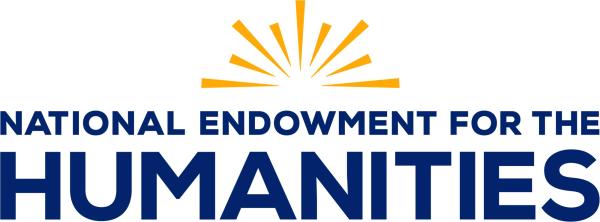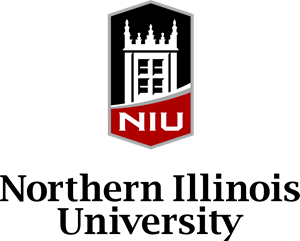Poster sessions at ANADP II were part of a contest. The three winners were Paul Wheatley (COPTR), Cal Lee (UNC), and Neil Grindley.
Each was asked to do a lightning talk, and then we moved into discussing current opportunities for collaboration.
Neil Grindley: 4Cproject.eu Digital Curation as an investment– realizing the value of assets via curation.
Paul Wheatley: Community Owned Digital Preservation Tool Registry: COPTR. [NB: Digital POWRR has contributed all of our Tool Grid information to this project, and we’re working to help make the wiki tool more dynamic. Our goal is that the information in the registry gets spit out in a format that resembles our tool grid.]
Comment from Wheatley: We need to build to fail SLOWLY, so that we have time to recover. (Yes, we need to assume that we will fail. ALL technology does so, eventually.)
Cal Lee: Digital Forensics for Digital Preservation (BitCurator)
Current opportunities for collaboration
- Community organization.
- 21st century science is global; so is the data infrastructure.
- The internet as model: interactivity, exchange across networks. Community consensus.
- RDA Colloquium = funding agencies
- Interest groups propose. Working groups deliver.
International Internet Preservation Consortium (IIPC):
- Preserving the web of today for 50-100 years later
- Internet Archive + 46 members
- Building progress
- Tool –> Community –>Collection
Educopia / Katherine Skinner
- Consulting — Events — Research
- Interdependence means less chance of human failure (i.e. people leaving, etc.)
- ICONC project–NDSA’s review of the last 3 years
- SCAPE: Scalable Preservation Environments
Future opportunities for Collaboration
Google Doc of action items from the conference available
Oya Rieger (Cornell U / ArXiv)
- Alignment –> cohesive values
- Sustainability is the capacity to endure. It’s not just money, but social & political will…
- Digital literacies: how do we survive/thrive in digital culture?
- Assessment & Outcomes: small bites are less overwhelming
- Study: 20-25% of ejournals collected (NOT published, COLLECTED) are being preserved right now
- History of dependency on grant funds means we need to place more emphasis on new organizational models, embedding DP in all areas of the library
- Registry: she worries about registries. They get forgotten. What about 21st c. methods of spreading info? MOOCs?
- Collaboration: it’s a very demanding process. It requires good interpersonal and teambuilding skills. The research data community is coming together and bringing in partners. How do we get in on that?
- We want more about use, usability, access, and discovery.
- Want more about open access and scholarly communications
Jeremy York, Hathi Trust:
- Issues: Enormity of the work vs. small number of people doing it.
- Funding infrastructure with grants = bad plan
- Specialization of function
- Preservation-in-place vs. offsite
- Succession of content?
- Alignment of goals and diverse voices
- Imagine: participatory stacks across sectors
- Broad technical and human infrastructure that allows digital preservation to happen among other things
- Focus on functions across sectors and we’ll get there
- Infrastructure technical & human IN education curricula (English, History, etc.)
- Digital literacy AS infrastructure
- We need to share information about our practices
- Make educational resources for the public
- Expose our data
Up next, the closing plenary.




